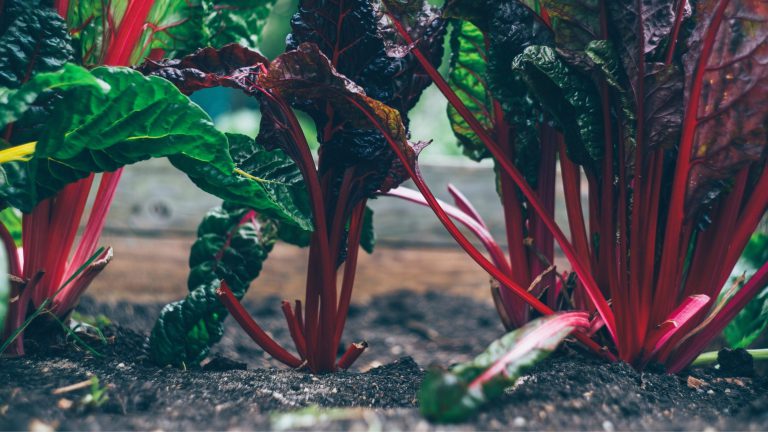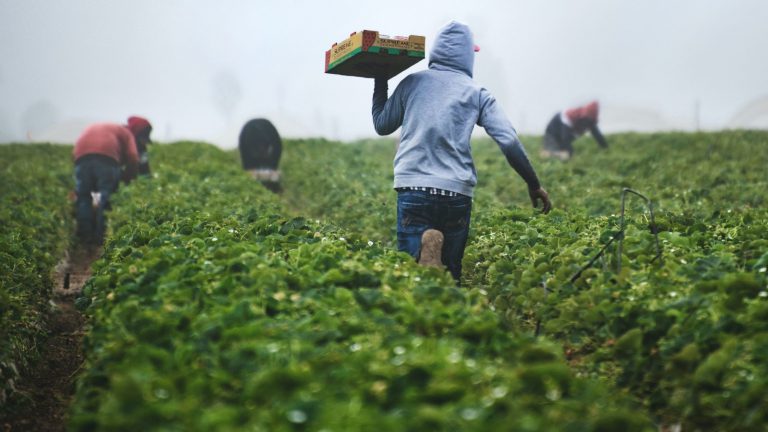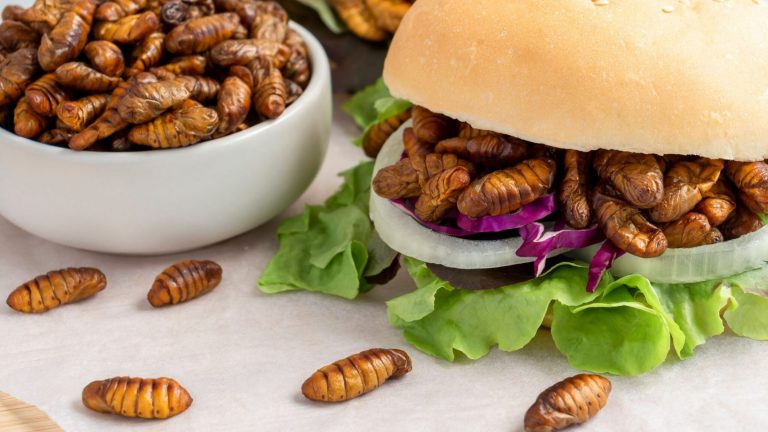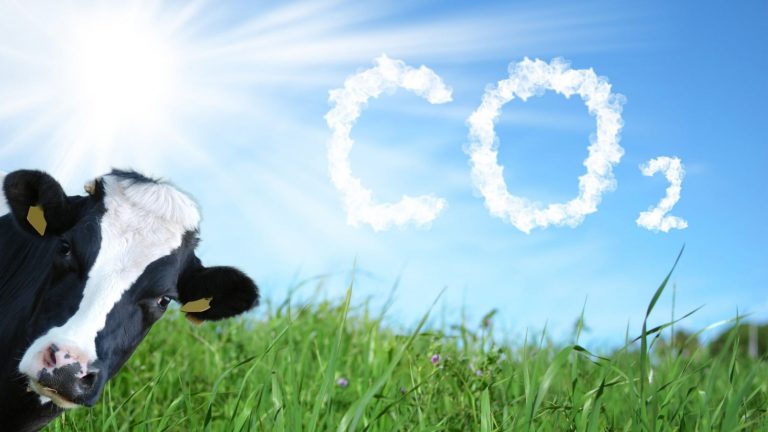COVID has given us a glimpse at how our food systems are in crisis.
Food. What we eat, and how we eat seems to receive a lot of attention these days. There is virtually no shortage of abundance for those of us fortunate enough to have at least an average income in most countries. We are not left wanting–whether from supermarket shelves, restaurants and takeaway shops, specialist food retailers or farmers markets.

We are also lucky to have at our disposal an increasing wealth of evidence on the benefits of a healthy diet and good eating habits. There is plenty of information on different ways to go about cultivating those behaviours.
Dig down a bit deeper and our good fortune only becomes more apparent. Since the Second World War, food shortages in Europe have been extremely rare.
We (in middle and high income countries) experienced a very modest insight into the challenges associated with a lack of what we might consider essential items as a result of panic buying during the early days of the COVID crisis and later effects on production, manufacture and transport of foodstuffs as the crisis unfolded.
For me, this really struck home as the trucks piled up in Calais just before Christmas following a decision by the French government to close the border with the UK, ostensibly to restrict the circulation of a new COVID strain discovered in Britain. It was the first time in my life that I can recall a genuine worry amongst my friends and family that there might really not be enough of at least some foods to get us through the holidays. It turned out that this was a fleeting concern. The borders reopened within 48 hours.
Add to this the fact that a robust approach to ensuring food safety means we are at a low risk of our food chain making us ill, and we might quickly agree that there is much to be thankful for. The last major food safety scare in Europe occurred in 2011 when 48 people died in Germany from E coli infections after consuming contaminated fenugreek seeds from Egypt.
We would be wrong to assume that there is limited cause for concern, however. To the contrary, I believe that along multiple dimensions, our food systems are in crisis. Here are five reasons why we should focus more on food:
- Our food systems are unequal.
- Our food systems are unhealthy.
- Our food systems are unsafe.
- Our food systems are unstable.
- Our food systems are unsustainable.
These statements are purposely bold because I want them to provoke us to question our assumptions about food. In the posts that follow I’ll unpack these claims. They are in my view ripe for public debate and I hope that these comments can be part of the conversation.






